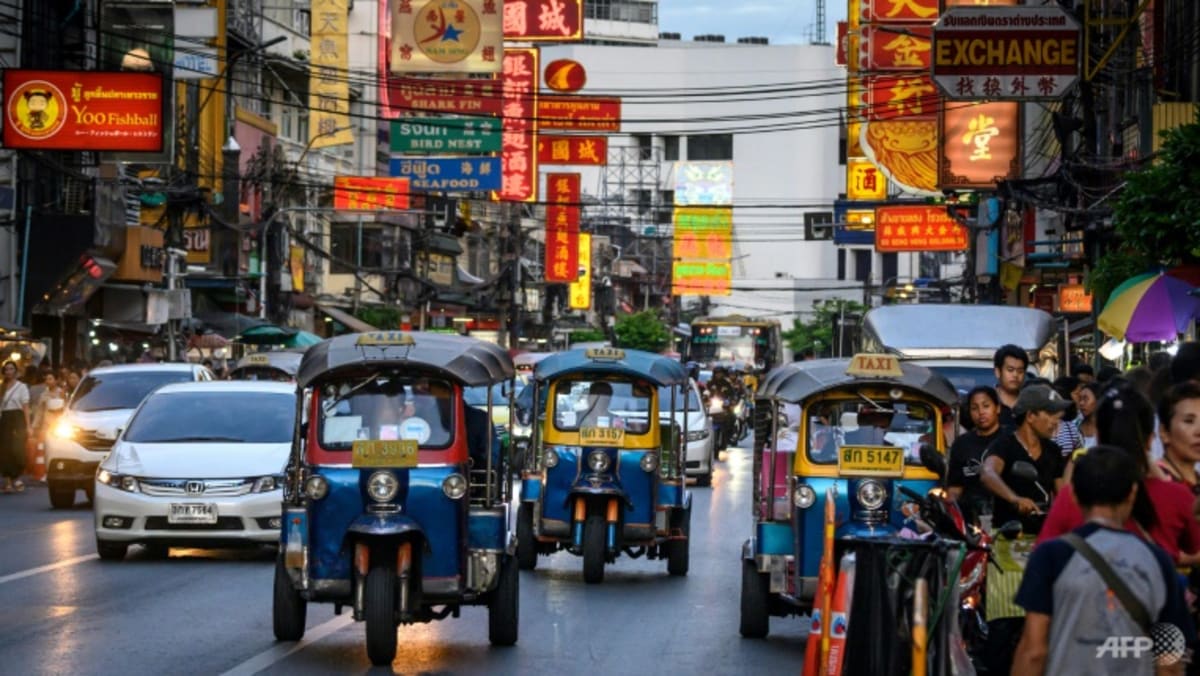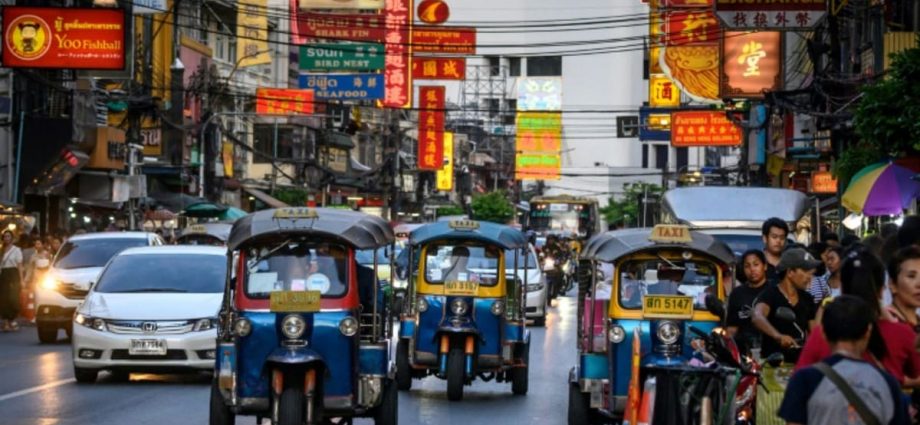
The case happened just when Thailand’s tourism sector was beginning to recover from the COVID-19 pandemic, raising concern about its potential repercussions on the country’s image and economy.
“From a tourism perspective, it has damaged the country’s image. What I’m worried about is that it could result in copycat behaviours, meaning civil servants from other units may start to see tourists as tools to seek illegal income,” said Paisarn Suethanuwong, a committee member of the Professional Tourist Guide Association of Thailand.
“This would be even more damaging.”
Paisarn believes such malpractice can be stopped if the problem is addressed without leniency. He said transparency of the investigation into the recent incident is also crucial, and that serious actions should be taken against the officers if they are found guilty of the alleged misconduct.
“Will this case impact tourism? Not really in the short term. But definitely, if we’re talking about Thailand’s image, it has adversely affected the country,” he said.
Move Forward Party Member of Parliament Rangsiman Rome also told CNA: “This incident could have an immeasurable effect on Thailand’s image.
“Tourism is one of the country’s key incomes. If we can’t make tourists feel safe when they visit Thailand, this will quickly destroy the country’s fame and image, which we’ve taken a long time to establish.”
The opposition lawmaker has been vocal about corruption in the Thai police force. He told CNA that foreign tourists tend to fall victim to extortion in Thailand because they are not familiar with Thai laws and usually carry a lot of cash for travelling in the country.
“It’s normal for people who travel abroad to not want any trouble with governmental officials in the area they visit,” Rangsiman noted.
“Many tourists feel they have no choice but to pay a bribe in order to end the problem. Moreover, some police officers feel they can demand a higher price from foreigners than from Thais, who can better negotiate with the authorities.”
Besides An’s case, a similar incident was reported last month in the popular coastal city of Pattaya, Chonburi.
A police officer allegedly extorted 30,000 baht from a Chinese tourist for possession of an e-cigarette. The cop initially demanded 60,000 baht but the price dropped after negotiation, according to local media.
The news prompted the Chonburi police to investigate the incident. Its fact-finding committee later found the officer in question had “grossly breached the discipline”. He was dismissed from his job earlier this month while legal actions were prepared against him.

